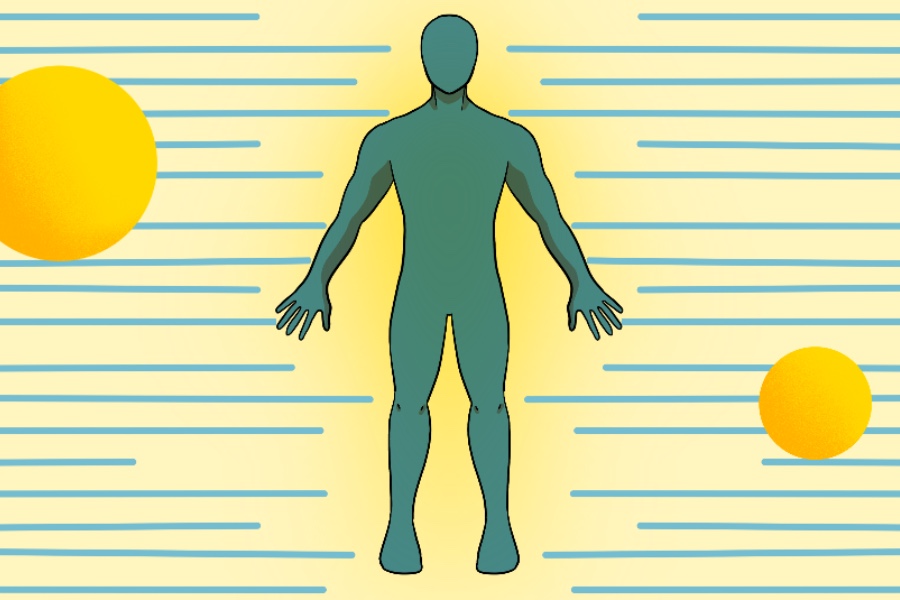Local acupuncturists work to build community, improve accessibility
Some local acupuncturists are working to make the practice more affordable by changing fee structures, offering community acupuncture and working toward getting insurance coverage.
January 25, 2022
Amy Landolt wants to make acupuncture more accessible.
Landolt, the founder of Northshore Acupuncture Center, offers community acupuncture, which is generally cheaper, at the Fleetwood-Jourdain Community Center. She sometimes works at an Evanston fitness studio under a pay-what-you-can model. She’s also updated her fee structure to include more affordable options for clients.
“I’d like to have the people that can afford the private help subsidize the community acupuncture,” Landolt said.
Acupuncturists insert thin needles into the body at strategic points to lessen pain, help mental health and improve overall wellness. Acupuncture, which is used in traditional Chinese medicine, has become increasingly popular in the United States over the past 40 years, according to a paper published in the journal Global Advances in Health and Medicine.
Acupuncturist Ixchel Muhlberger Hurtado runs Mayan Moon Healing, a traditional Chinese medicine center which used to operate in Evanston and has since moved to Park Ridge. Hurtado said insurance coverage of acupuncture can make it more affordable.
“It’s still kind of in the early stages where some people have acupuncture back benefits,” she said. “The more that insurance will cover, the more people are willing to utilize (acupuncture).”
Kuan Su is the owner of Evanston’s Acu Design Health, an acupuncture and Chinese medicine center, and the director of clinical services at the Pacific College of Health and Science. His grandfather came from a line of traditional Chinese medicine practitioners, so his family was enthusiastic when he decided to study acupuncture.
To build community in Evanston, Su joined the Evanston Chamber of Commerce and worked to establish familiarity with his neighbors.
“Figuring out, how can we partner to refer people to one another?” he said. “It was really fun.”
Su said he partnered with a personal trainer to refer people with specific health and fitness goals to each other. He’d also refer patients to a spice shop downstairs to get tea for a respiratory problem or candied ginger for a gastrointestinal tract issue.
Hurtado said the Evanston community gave her a “really good” reception, but many of her clients still only come to her after they’ve exhausted other options.
“We still have ways to go before we get to that point where acupuncture is utilized and viewed as a preventative medicine,” Hurtado said. “Right now, unfortunately, I do feel that people are still using it as a last resort.”
Landolt said she hears mixed messages from clients. She hears a lot of amazement and curiosity, but once was told she is doing the devil’s work.
She discussed the history of acupuncture in the U.S., pointing out its role in Chinese immigrant communities in the 1800s and its use as a tool to combat healthcare discrimination in the Black Panther and Young Lords movements in the 1970s.
“I’m trying to share a story about how acupuncture is for everyone,” Landolt said. “And we’re trying to make that a reality.”
Email: [email protected]
Twitter: @avivabechky
Related Stories:
— Brainstorm: Why does the Western world often overlook Traditional Chinese Medicine?
— Aligned Modern Health opens alternative medicine clinic on Davis Street












